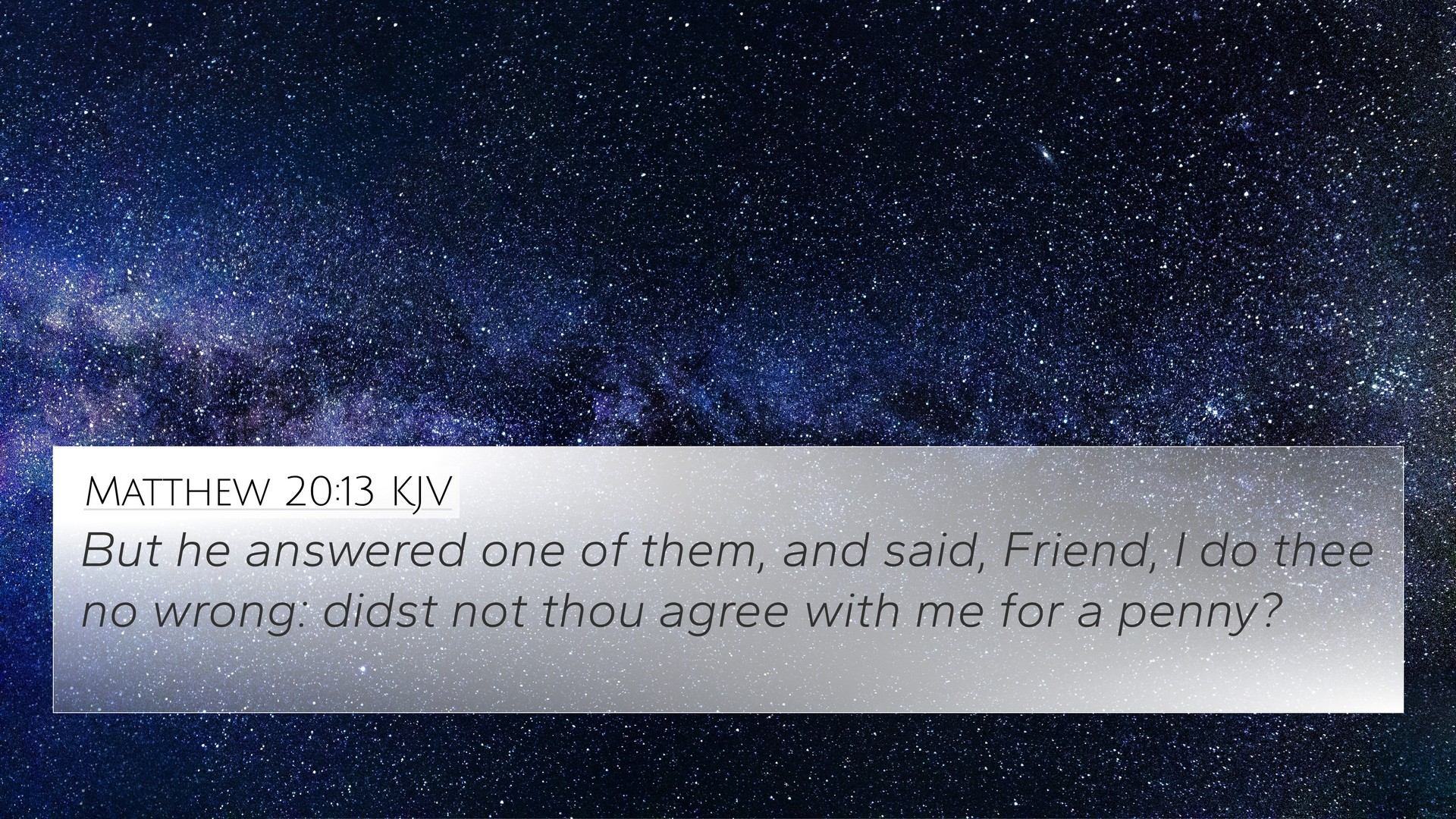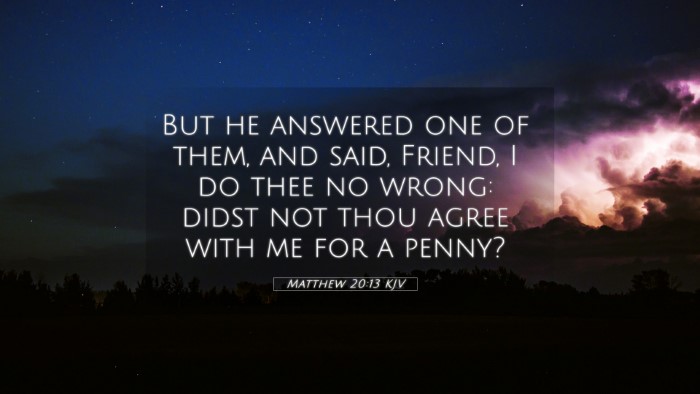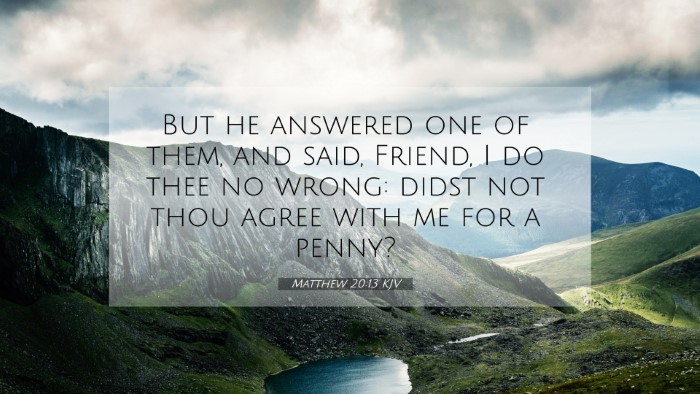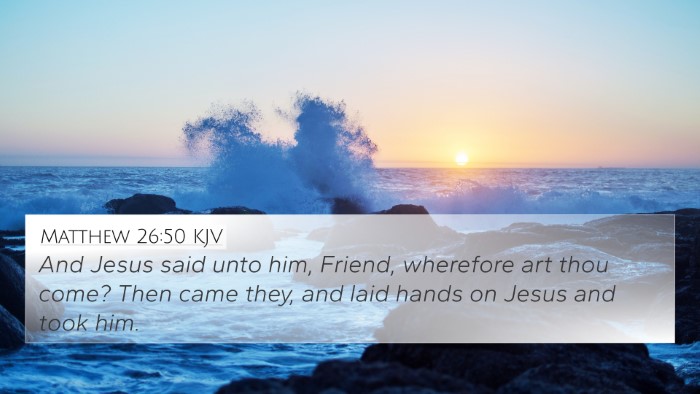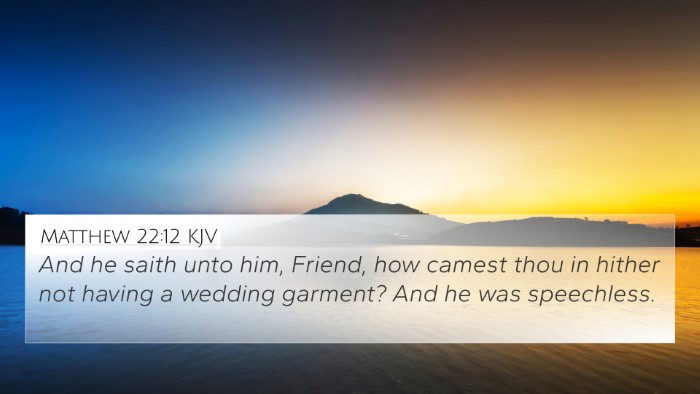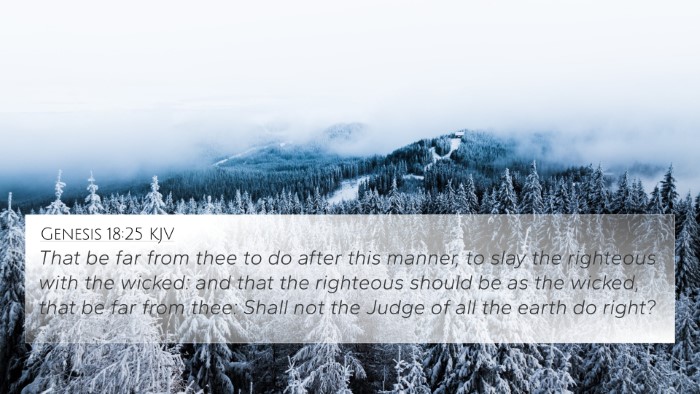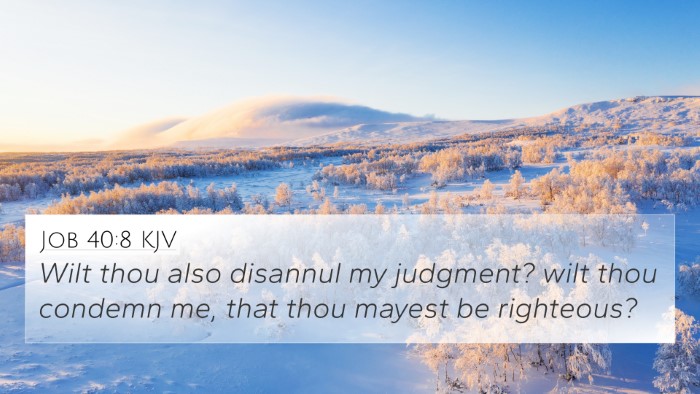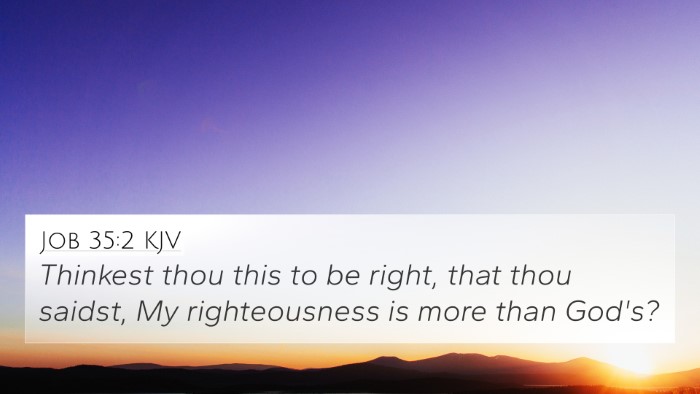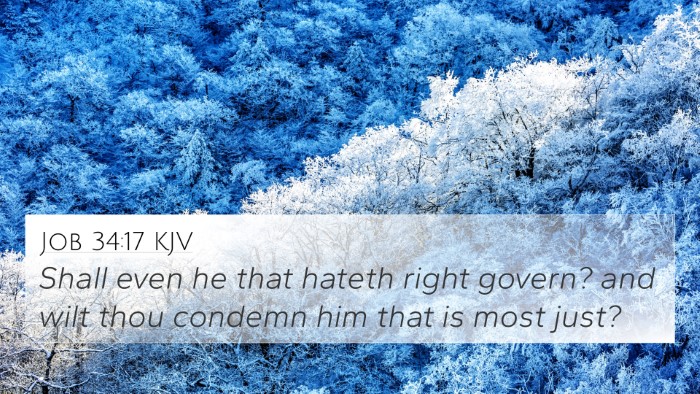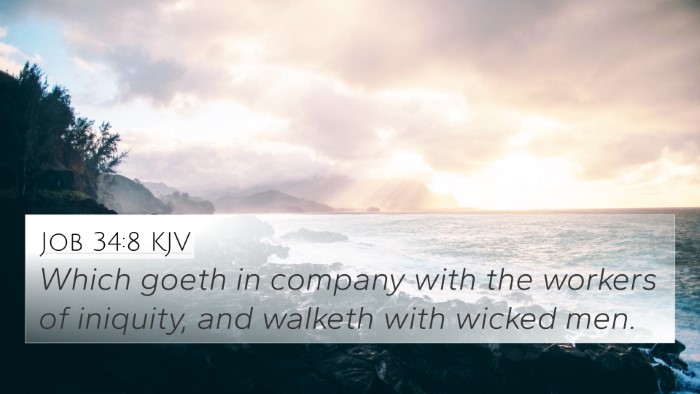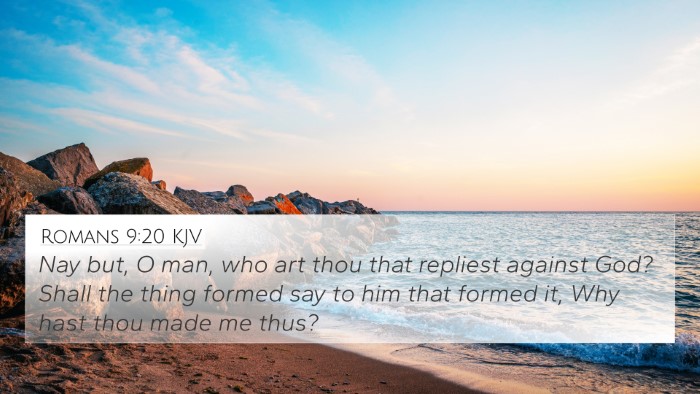Understanding Matthew 20:13
Bible Verse: Matthew 20:13 - "But he answered one of them, saying, 'Friend, I do you no wrong: did you not agree with me for a penny?'
Contextual Overview
This verse is part of the Parable of the Laborers in the Vineyard, wherein Jesus illustrates the Kingdom of Heaven's nature using a story about laborers hired at different times of the day.
Combined Commentary Insights
This section draws from insights given by renowned public domain commentaries.
Matthew Henry Commentary
Matthew Henry emphasizes the fairness of the vineyard owner, illustrating God's grace. He points out that the landowner hired laborers at various hours, showcasing not only generosity but also a divine right to dispense grace as He sees fit.
Albert Barnes Commentary
Albert Barnes interprets the term "friend" as a term of kindness, reminding us that God’s dealings with people are based on mercy rather than strict justice. This servant's complaint reflects human jealousy of God’s grace towards others.
Adam Clarke Commentary
Adam Clarke elaborates on the economic implications of the penny, linking it with the daily wage one would earn. He advises that this should be viewed through the lens of God's goodness rather than as a cause for grievance.
Key Themes and Messages
- God's Immeasurable Grace: The parable illustrates that God's grace is not contingent on human standards, as He extends His love indiscriminately.
- Jealousy and Discontent: The complaint of the laborers serves as a caution against jealousy towards God's grace bestowed on others.
- Divine Sovereignty: God, as the owner of the vineyard, has the right to allocate His gifts as He wishes.
Bible Cross-References
- Matthew 19:30 - "But many who are first will be last, and the last first."
- Luke 15:29-30 - The elder brother's resentment towards the father's grace towards the prodigal son.
- Romans 9:15-16 - "I will have mercy on whom I have mercy..." highlighting God’s sovereign choice in dispensing mercy.
- James 2:5 - "Has not God chosen the poor of this world to be rich in faith?" reflecting the theme of God’s preferential treatment towards those marginalized.
- Matthew 5:45 - "For He makes His sun rise on the evil and on the good..." affirming that God's grace is not limited by human distinctions.
- Philippians 2:14-15 - "Do all things without complaining and disputing..." advising believers to refrain from discontentment.
- Galatians 5:26 - "Let us not become conceited, provoking one another, envying one another," underscoring the perils of jealousy.
Thematic Connections
The connections between Bible verses enhance understanding, revealing deeper thematic consistencies across the Scriptures. This parable reminds us of the recurring themes of grace and divine justice.
Cross-Referencing Biblical Texts
Exploring cross-references such as those found in Romans 11:5-6, which describes the remnant chosen by grace, demonstrates how the New Testament reflects Old Testament principles of God's unmerited favor.
Tools for Bible Cross-Referencing
Utilizing a Bible concordance or cross-reference guide can greatly enhance one’s understanding of interconnected scriptures, especially in comparative Bible verse analysis.
Conclusion
This verse and its interpretations offer profound insights into God's mercy, the nature of human discontent, and the overarching theme of grace within the framework of biblical theology.
Frequently Asked Questions
- What verses are related to Matthew 20:13? Consider examining Matthew 19:30 and Romans 9:15-16 for contextual understanding.
- How do Matthew 20:13 and Luke 15 connect? They both address the theme of divine generosity that incites human jealousy.
- Where can I find cross-references for this verse? Utilizing a Bible reference resource or a cross-reference Bible study guide can reveal many related verses.
